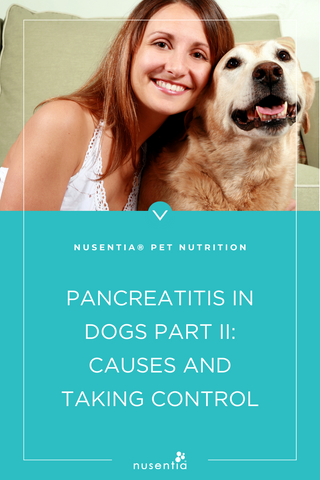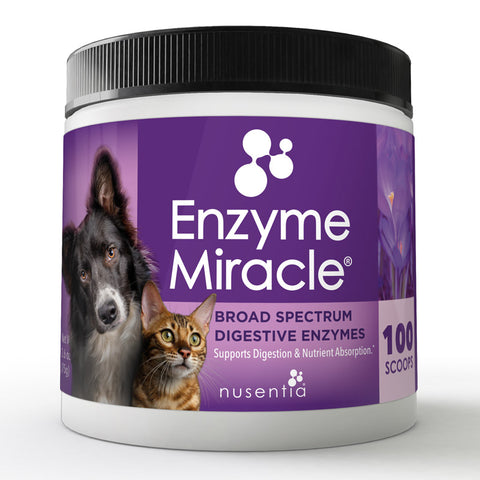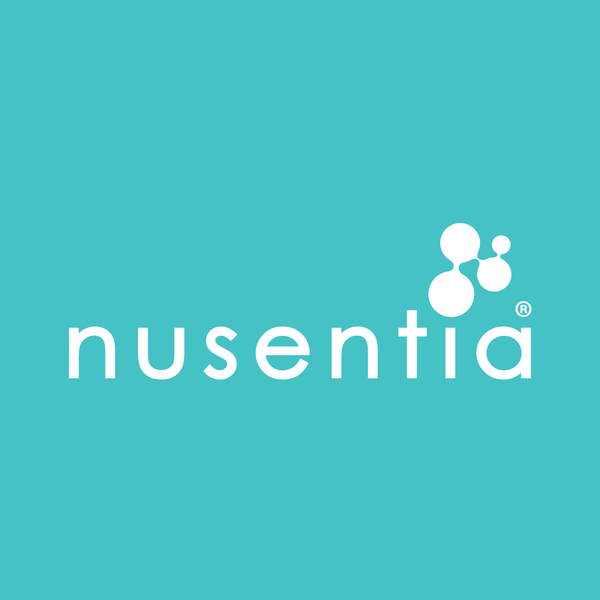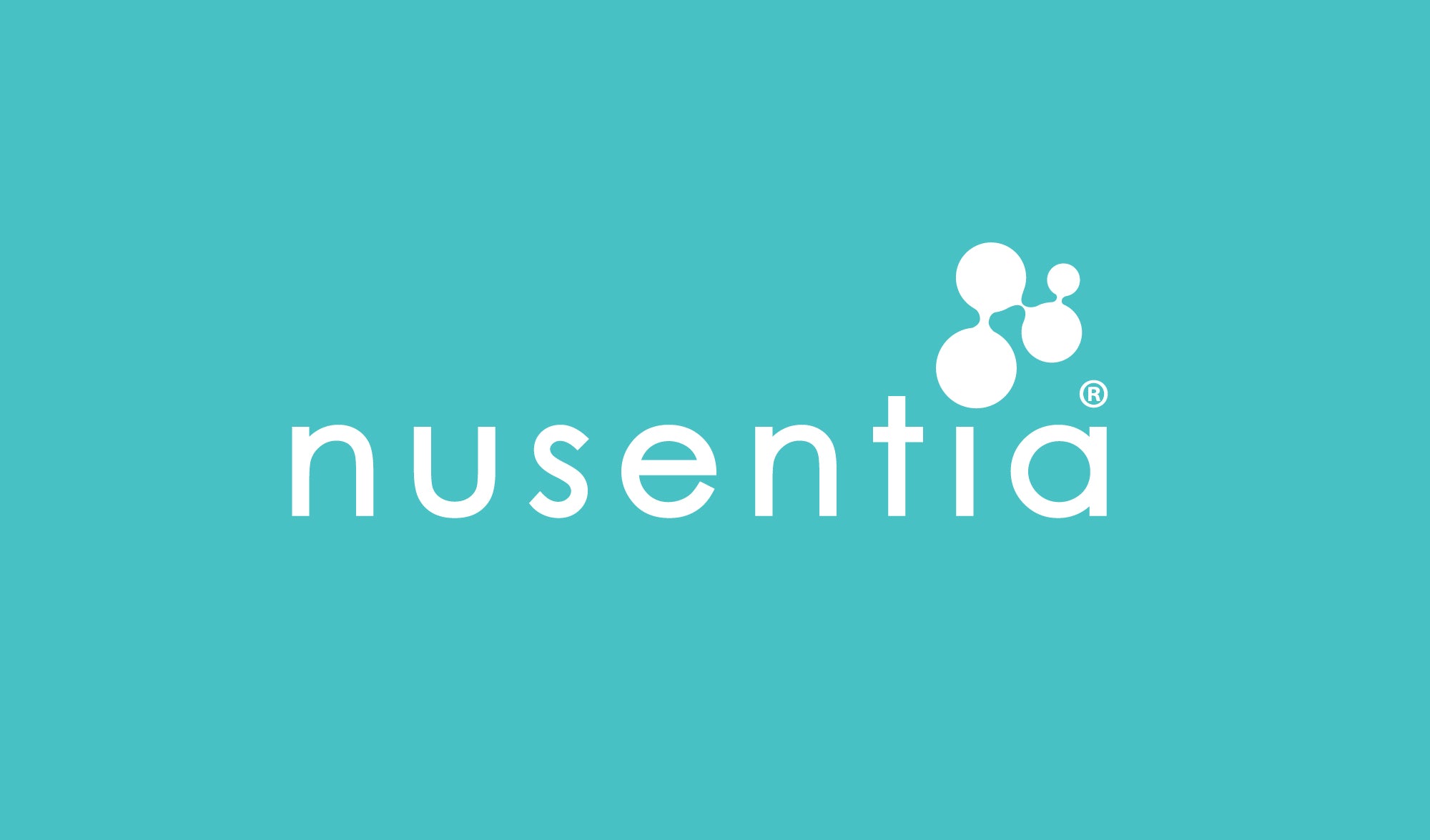In Part I of our series on pancreatitis in dogs, we explored the causes and types of pancreatitis that can affect dogs. Knowing the problem is the first step, but now it's time to focus on how to support your dog through this condition.

Tackling Pancreatitis in Dogs: Diet, Exercise, and Supplementation Strategies
If you've identified any of the symptoms of pancreatitis in your dog, its important to be proactive to know which treatment plan is best.
Proactive Steps to Manage Your Dog's Pancreatitis
Your veterinarian will likely recommend a treatment plan, which may include fasting your dog for 24 hours and limiting water intake, especially if intravenous fluids were needed. The treatment varies with the severity of the pancreatitis.
Following your vet's advice is crucial during the acute phase. Additionally, here are some strategies you can adopt to manage and potentially prevent pancreatitis in your dog over the long term, focusing on diet, exercise, and supplementation.
Optimizing Diet for Dogs with Pancreatitis
Many commercial dog foods fail to provide complete nutrition and can even contribute to health issues like pancreatitis. It's also a common mistake for dog owners to feed their pets high-fat scraps.
Avoid feeding your dog fatty meals, as even a single high-fat meal can trigger acute pancreatitis.
To prevent or manage pancreatitis through diet, focus on two main goals:
- Ensure your dog receives all necessary nutrients.
- Avoid foods that can cause allergies or inflammation.
A balanced, natural diet low in fats and no grains is recommended. Raw or minimally processed foods are often best suited to meet these objectives. Consistently providing a proper diet can significantly impact your dog's health, helping to prevent or mitigate pancreatitis.
Exercise: A Key Component in Preventing Pancreatitis
Lack of physical activity can predispose dogs to various health issues, including pancreatitis. Regular exercise not only maintains efficient bodily functions, such as digestion, but also helps manage weight and body composition, reducing the risk of obesity-related inflammation.
Thus, ensure your dog gets plenty of exercise to support digestive health and overall well-being, which in turn can help prevent pancreatitis.
Supplementation for Enhanced Pancreatic Health
Inflammation and diminished pancreatic function are central issues in pancreatitis, requiring targeted support through supplementation. Adding a high-quality fish oil to your dog's diet may significantly reduce inflammation by inhibiting pro-inflammatory molecules.
Moreover, dogs with pancreatitis often have compromised enzyme production, affecting their ability to digest food properly. Supplementing with digestive enzymes at each meal can support digestion and reduce the burden on the pancreas. Choose a pet-specific formula that includes protease, amylase, and lipase in substantial amounts for maximum effectiveness, like Enzyme Miracle®.

Introducing supplemental enzymes, especially for dogs on a modern diet lacking in natural enzymes, can alleviate the strain on the pancreas and improve digestion.
Our Recommendations for Dogs with Pancreatitis:
- A raw diet to provide essential nutrients and reduce allergy risks.
- Fish oil supplements to minimize systemic inflammation.
- Digestive enzyme supplementation to aid in digestion and reduce pancreatic stress.
Recommended Nusentia Products:
Celavin™: A highly pure, easy-to-use fish oil, crucial for reducing contaminants that can exacerbate pancreatitis. Enzyme Miracle®: Tailored for pets, this formula includes essential digestive enzymes without unnecessary additions, offering great value.Customer Testimonial: "After losing several Mini-Schnauzers to pancreatitis and other issues, we started Trigger on Enzyme Miracle early. He's had the healthiest coat and no signs of pancreatitis for years. I'm incredibly grateful for this product and recommend it frequently. Thank you!"
For natural, trusted pet health supplements with proven formulas to improve your furry friend's overall health, visit Nusentia, a brand trusted by veterinarians and pet parents alike since 2008.



